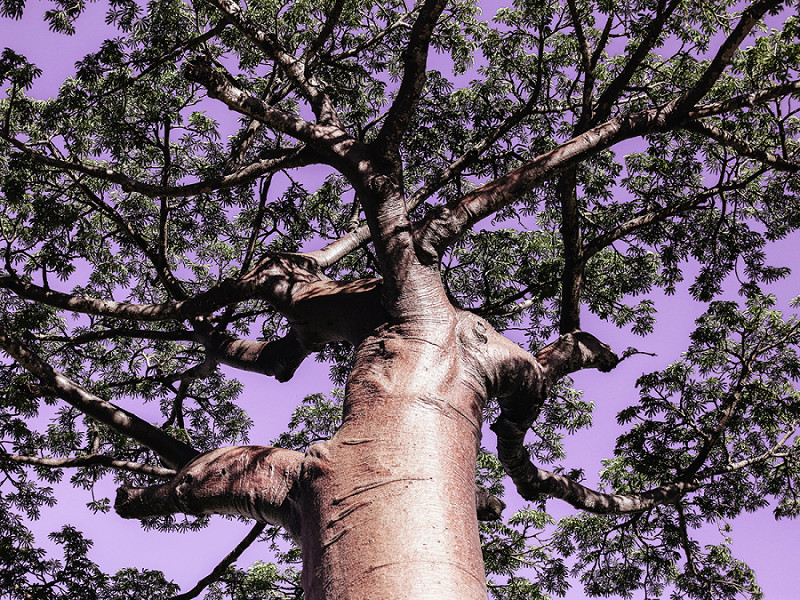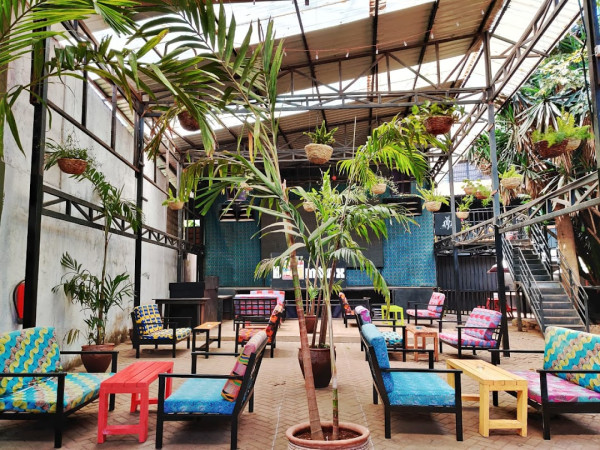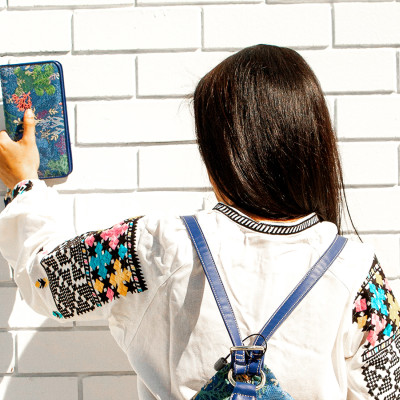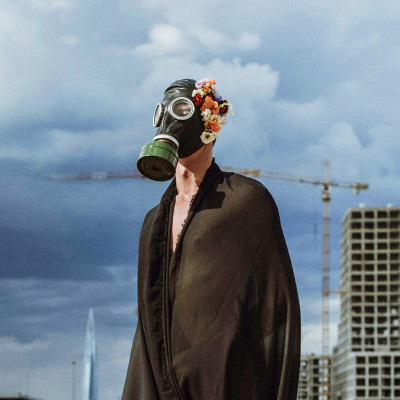Africa: biopiracy, a case of the baobabs
- Indice dei contenuti
- The seeds are pr
Over the years, many people are resorting to the use of organic medicine such as herbs to cure diseases. The trend has escalated after the onset of the Covid-19 pandemic after it was discovered that certain plants could be used to counter the symptoms of the virus. Rich sources of vitamin C, such as oranges and baobab, have been introduced as effective adjuvant components in the Covid-19 management.
Some Countries are blessed with an abundance of this vital flora than others and this necessitates their protection. In fact, whenever you travel out of a country, you will usually encounter a warning notice telling you not to carry seeds, plant parts etc.
For instance, in Kenya there is an abundance of baobab trees. When baobabs were approved for export to Europe in 2008, their fruit was hailed as a “superfood” because of its high levels of vitamin C, antioxidants, calcium, potassium and fiber. Powder found in the fruit is commonly used in smoothies and porridge. Its bark has medicinal properties and oil in the seeds is used in beauty products.
Aside from the health benefits, the trees are said to hold ancestral spirits. Each day, you will find individuals around offering prayers and pouring libation early in the morning. Additionally, they are used as indicators of fresh water in the area.
The seeds are pr
However, recently an alarm has been raised concerning the transplanting and exportation of these trees to Georgia, a country at the intersection of Europe and Asia. So far, farmers in the Kenyan County of Kilifi have sold at least 8 of their age-old baobabs to the group. Environmental groups have also raised concerns regarding the “biopiracy”.
Investors are taking advantage of the uneducated and “poor” population and luring them with what would be seen as a lot of money. Additionally, farmers say that the trees that are over 500 years old, are a hindrance to modern agricultural practices as the trees consume a lot of water. According to the Guardian, one farmer stated that he felt lucky when he was approached by a man who wanted to buy the trees. He added that, once the trees had been removed from his farm in Kilifi, on the Kenyan coast, he was able to put the cash to good use, for seeds, fertilizer and food for his family.
The investor has been eyeing the trees since 2019, using drones to look for trees with certain specifications, such as untarnished trunks, and alleged that his prospects began after finding out that residents were cutting down baobabs to make way for farming. He is quoted by the Guardian to have said: «They were killing [the trees] even without me because they want to plant maize - he says - I don’t see anything wrong if we save the tree, which they can’t use for firewood or charcoal. I don’t see any tragedy here. The tragedy is killing trees for nothing». He plans to take the Kilifi baobabs to botanical gardens in Georgia.
Gus Le Breton, chair of the African Baobab Alliance, refuted stating that «It’s biopiracy. I cannot see any justification for taking a reproductive tree from some part of the world and moving it to another».
Further, Kenya’s National Environmental Management Authority (Nema) has maintained there is little that can be done to halt the sales because the baobabs are on privately owned land. Policy experts disagree, as the Nagoya Protocol (an international agreement that governs the conditions for the export of genetic resources and that has been incorporated into Kenyan law), requires communities to give prior informed consent on the use of resources; in addition, an agreement should be executed between whoever is taking them, the government and the community, regulating how the benefits should be shared.
A report published by the Edmonds Institute with the collaboration of the African Centre for Biosafety based in South Africa in 2005 indicated that there were 36 cases of bio-piracy in Africa. It is only a matter of time before someone applies for a patent of the baobab trees. This goes to show the many loopholes and forms of biodiversity patenting.
The Georgian investor’s argument may sound plausible to an extent but why not educate the locals on the importance of the trees instead of exploiting them?












